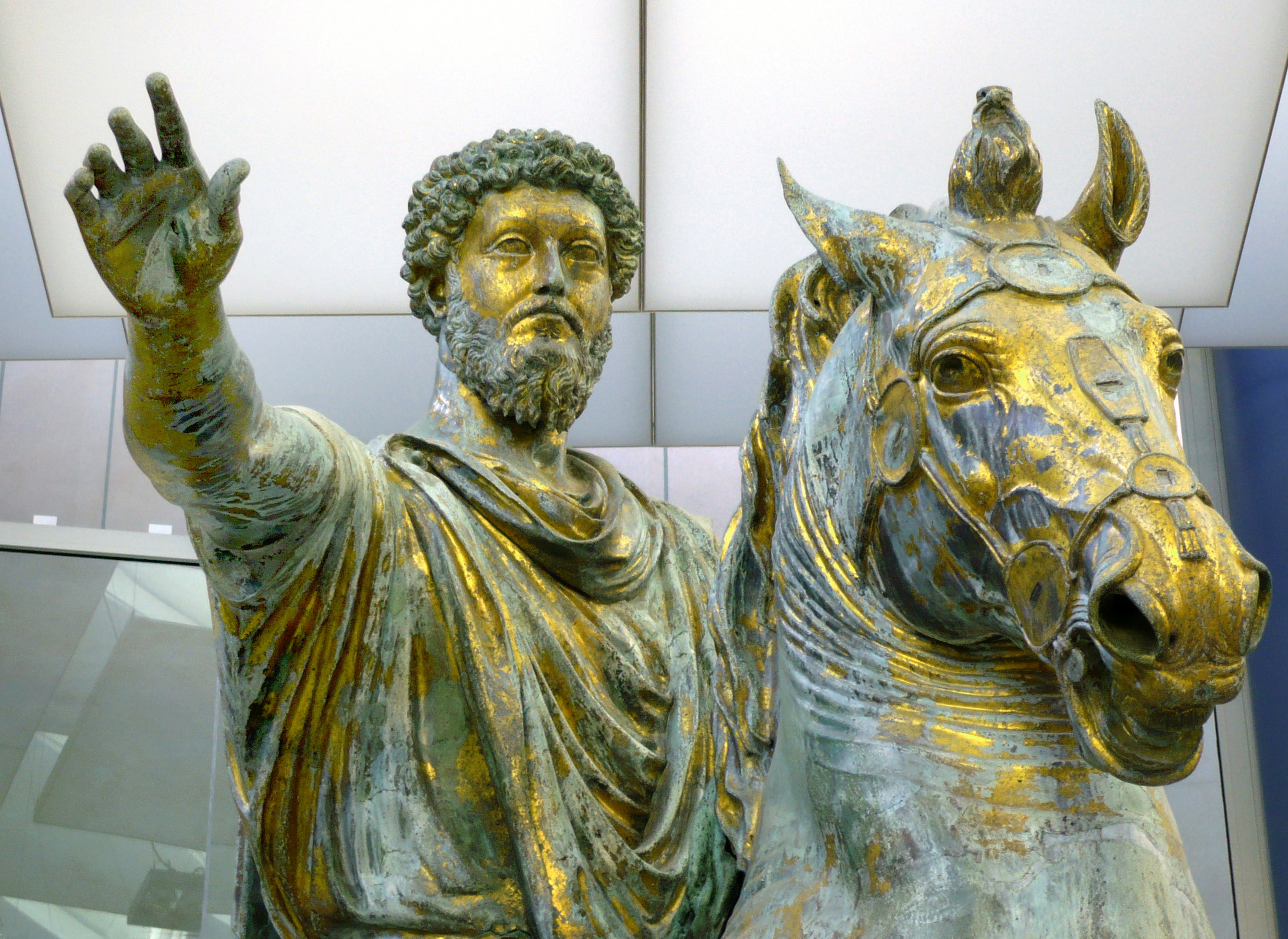The three Stoic rules of life or disciplines in Marcus Aurelius’ Meditations are the key to unlocking the book. Without them, the Meditations seems like nothing more than a jumbled mess of aphorisms. With it, the book’s purpose and intent become more apparent and its meaning and purpose easier to decipher.
Photo courtesy of Wikimedia Commons
Recently, Ryan Holiday, author of The Daily Stoic, Ego is the Enemy, and The Obstacle is the Way, appeared to me in a dream and told me, “Hidden in the Meditations are three things Marcus Aurelius learned.” The next day, I picked up The Inner Citadel by Pierre Hadot right where I had left off the day before and found the three Stoic rules of life or disciplines at the heart of Marcus Aurelius’ Meditations.
The three Stoic rules of life or disciplines are most explicitly stated in Meditations VII, 54:
1. Consent to Destiny. “In all places and times, you may devoutly acquiesce and be satisfied with what befalls you, . . .”
2. Justice and altruism. “. . . and have just dispositions toward your neighbors, . . .”
3. Objectivity. “. . . examine all arising imaginations; that none may insinuate themselves, till you thoroughly comprehend them.”
While this is the most explicit exposition of the three Stoic rules of life or disciplines in the Meditations, they are repeated throughout.
Question: In what other passages in the Meditations do you find the three Stoic rules of life or disciplines?








